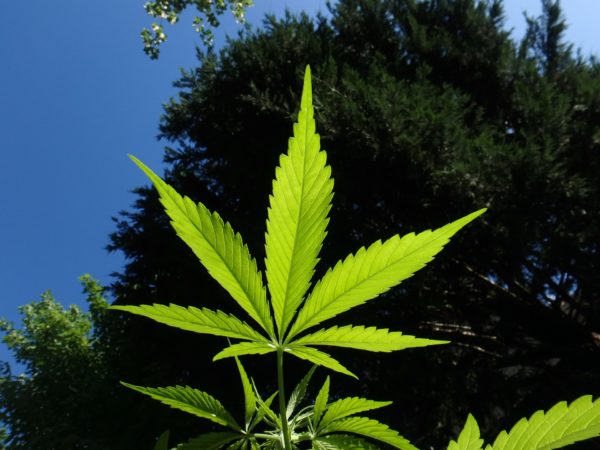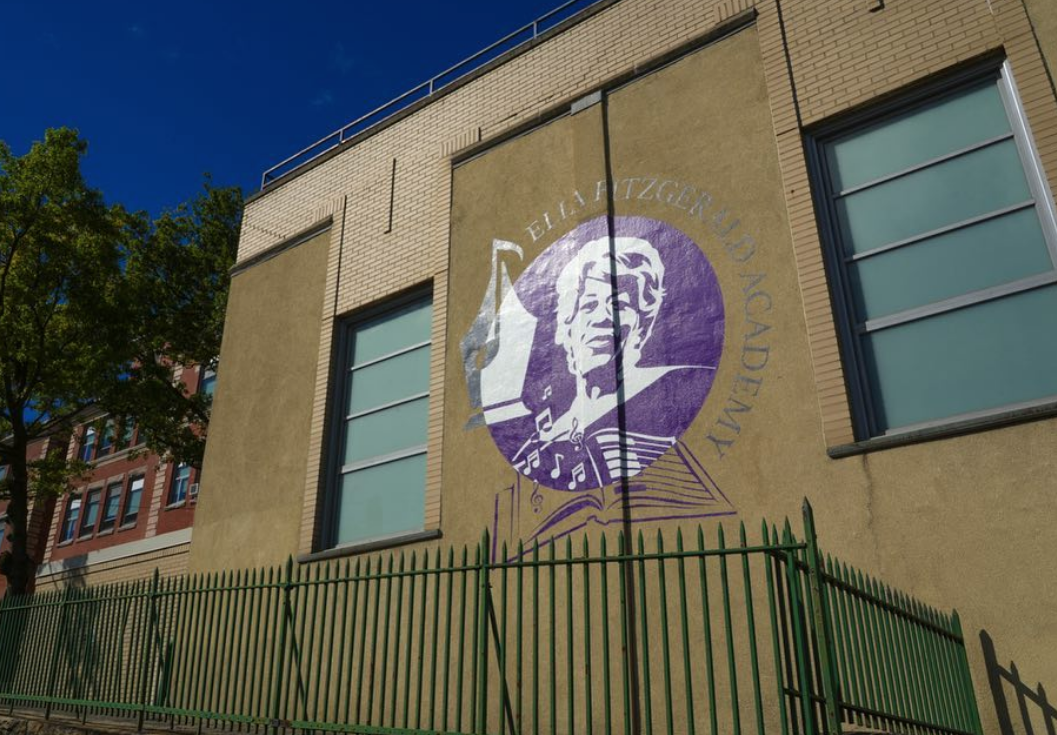The legal landscape for marijuana use has changed. Thirty-nine states have legalized cannabis for medical use and eighteen states plus the District of Columbia have legalized adult recreational use as well. Notwithstanding this tidal wave of state legalization, the federal government has maintained its blanket prohibition against cannabis. Under the Controlled Substances Act, marijuana remains a Schedule I drug along with heroin and cocaine.
But what does this dual state and federal status mean for the traditional prohibition against marijuana use at work? Can someone be fired for using pot at work in states where its legal for all adults? Can people be fired for using medical marijuana on duty? What about pre-employment drug tests? Can they be used to screen out cannabis users in fully legal states? Can you be fired for off-duty use?
The answers are elusive and depend on a confluence of state and federal law as well as employer policies. Although there are cannabis reform bills making the rounds on Capitol Hill, including the Marijuana Opportunity Reinvestment and Expungement (MORE) Act, which would federally legalize cannabis, employers and individual states have struggled to deal with the evolving workplace issues that have recently developed.

What Can Employers Do?
Some states and local jurisdictions have made laws prohibiting discrimination based on medical and, in some cases, even recreational marijuana use. These laws prevent employers from taking adverse actions against employees who lawfully use cannabis ”” provided they do not do so on the job.
But that too is complicated. Because marijuana can take up to 30 days to fully metabolize in the human body (unlike alcohol or cocaine), it is often difficult to determine whether an employee who tests positive for pot used it at work or outside of work. This makes it hard to determine whether the employee was actually impaired on the job. Employers must be careful in enforcing their drug policies against lawful cannabis users.
It is clear that employers can prohibit marijuana use during working hours ”” employers have a definite right and financial interest in ensuring that employees are not coming to work impaired. The issue is how can an employer prove marijuana intoxication and how can a prohibition on marijuana off-duty be enforced in weed-legal jurisdictions?
The issue for employers is often workplace safety. Because it”™s very difficult for employers to determine if a positive drug test for cannabis is the result of drug usage during work or on off-work hours, some employers find it logistically simpler to just have a complete ban on marijuana on- or off-duty. Since marijuana is still illegal under federal law, zero tolerance weed policies may still be enforced in many jurisdictions.
But state and local laws protecting legal cannabis have been increasingly complicating that situation. Most states with medical marijuana laws provide more protections in the workplace for medical marijuana use rather than recreational use. Even where medical marijuana is protected, however, employers can require drug testing before employment and at random times, so long as there is no discrimination against medical marijuana users.
Some employers are continuing tight restrictions and zero-tolerance policies, even for out-of-work weed use. Others are changing their policies and disciplining employees for cannabis use only if an accident results or performance is affected. Very few employers are even permitting open consumption of marijuana during work.
As more states begin to legalize, employee attitudes are changing. Employee morale can be affected by these changing attitudes. Many workers believe that legal use of cannabis outside of work should not be grounds for their termination if they fail a drug test. Employers need to consider changing attitudes in their workforce when deciding how to handle the new cannabis landscape.
Legal Challenges
The potential risks often associated with cannabis use on the job have caused changes in workers”™ compensation laws in a few states. For example, in Wisconsin a worker injured while under the influence of any substance, including cannabis will suffer a reduction in compensation benefits. In Michigan, workers under the influence of any substance, including marijuana at the time of their injury are not entitled to workers”™ compensation benefits at all.
Yet another wrinkle in the patchwork tapestry of workplace marijuana laws is the issue of improper or illegal drug testing. Even in jurisdictions where employees can be terminated for a positive marijuana drug test, if the screening itself is unlawful then the employee cannot be fired.
While federal law does not place limits on drug testing, many states and local jurisdictions regulate how and when employers can conduct drug tests. In general, employers may test new applicants more freely than permanent employees.
Employers may usually drug test applicants after making a conditional offer of employment. In some jurisdictions, however, an employer cannot conduct routine or random drug tests of their current employees. Often the employer is required to test only under certain conditions such as when an employee is involved in a workplace accident or when an employee is returning to work after a drug rehabilitation program. Some state drug testing laws require that the employee have notice of a drug test and that the test be administered by the least invasive means possible.
The Courts Weigh In
An interesting place to view these workplace marijuana policies is from a judicial perspective. How are our courts interpreting this patchwork of laws and regulations around workplace use of cannabis?
During the early years of legalization, courts tended to favor employers enforcing anti-drug policies over newly legalized cannabis users. In California, employers have been permitted to terminate workers who test positive for weed provided that the employer complies with its own “drug-free” workplace policies.
In Colorado”™s in Coats v. Dish Network, 350 P.3d 849 (Colo. 2015), the Colorado Supreme Court decided a case brought by an employee who was quadriplegic and needed medical marijuana to control leg spasms. The employee used medical cannabis with a valid prescription during off-duty hours. The employee was fired after testing positive in a random drug screening test given by the employer.
According to the Colorado Supreme Court, the state”™s medical marijuana law, which protected lawful off-duty use of marijuana did not preempt the company”™s “zero tolerance” policy. Because the court said that “lawful activity” is defined by federal as well as state law, the state statute did not protect the off-duty use of cannabis.
In recent years, however, the courts have increasingly sided with employees whose medical and even off-duty recreational use of cannabis is protected by new state and local laws. In Arizona in the case of Whitmire v. Walmart Inc., a federal district court judge ruled against Walmart Inc. for terminating an employee who tested positive on a workplace drug test following an injury she sustained on the job. The woman had been prescribed medical marijuana and the court held that she was protected under the state”™s Arizona Medical Marijuana Act, A.R.S. § 36-2813(B) (“AMMA”).
The key fact in that case was that the employer could not establish with scientific evidence that the employee had used marijuana at work or just outside of work. This is a real-life example of the testing difficulties described earlier. In this case, the employee was able to maintain her action for wrongful termination.
In Connecticut”™s Nafziger v. SSC Niantic Operating Company LLC, the federal district court in Connecticut held that an employer violated Connecticut”™s Palliative Use of Marijuana Act (PUMA) when it rescinded a conditional offer of employment following a positive initial drug test for cannabis. The prospective employee was qualified as a medical user under PUMA due to treatment for PTSD. The court held that the employer had violated the PUMA by withdrawing the offer of employment. The employee was able to bring a private right of action.
In Chance v. Kraft Heinz Foods Co., a Delaware state Superior Court recently faced facts similar to those at issue in the cases above. The court held that Delaware”™s medical marijuana law prohibiting discrimination against lawful use of cannabis, the Delaware Medical Marijuana Act (DMMA) allows an employee to sue his employer for wrongful termination after his employment was terminated due to a positive post-accident drug test result for marijuana. The employer argued that federal law preempted the state anti-discrimination law because marijuana is illegal under the Controlled Substances Act.
The Delaware Court held that preemption does not apply because the anti-discrimination provisions of the DMMA do not pose an obstacle to the objectives of Congress, nor do they render compliance with both federal and state law impossible. The DMMA does not require employers to participate in an illegal activity but instead merely prohibits them from discriminating based upon medical marijuana. The court also found a private right of action to enforce the DMMA.
While these cases are emblematic of a new trend toward protecting legal cannabis use in the workplace, much remains uncertain in this evolving legal space. Employers should be cautious and arm themselves with detailed knowledge of the laws in their states and local jurisdictions before deciding whether to prohibit or to allow medical or recreational use of marijuana by their employees.
Christopher S. Avcollie is a managing attorney at the Southport law firm Carey & Associates PC. An earlier version of this article was published on the law firm”™s blog.
















